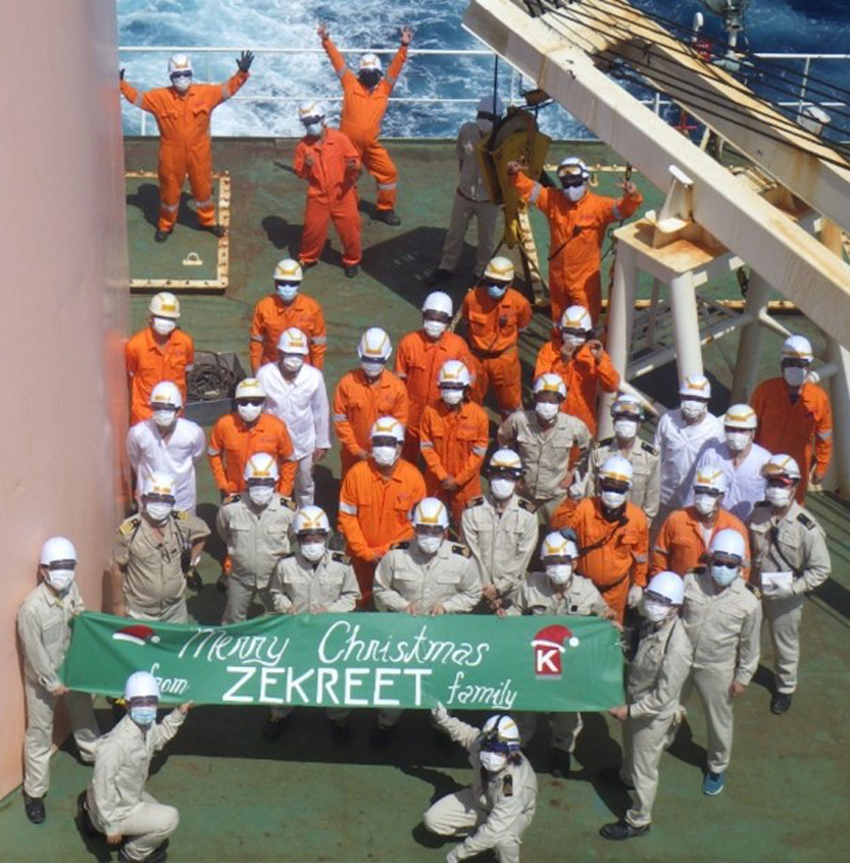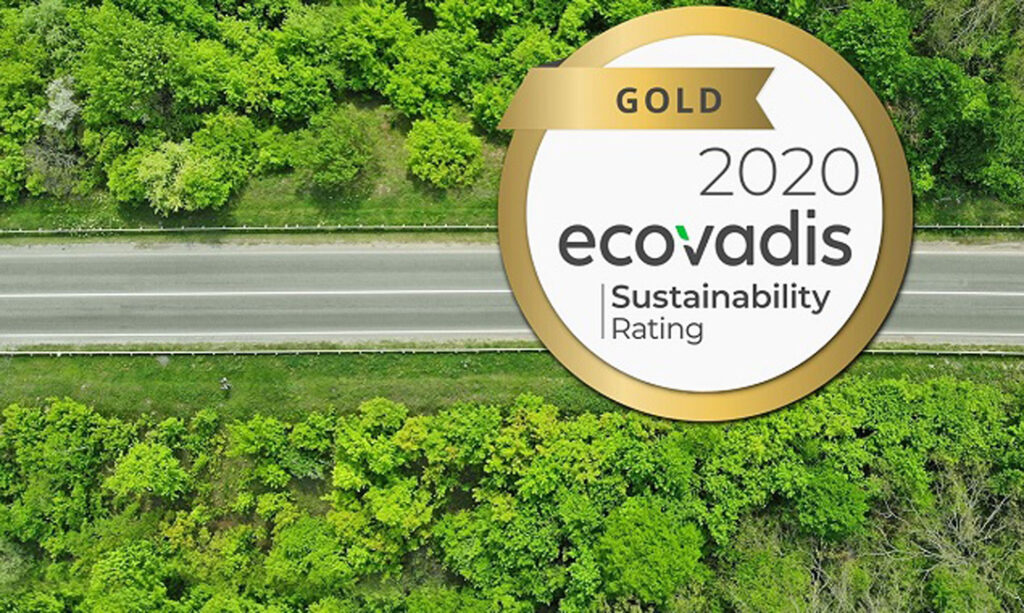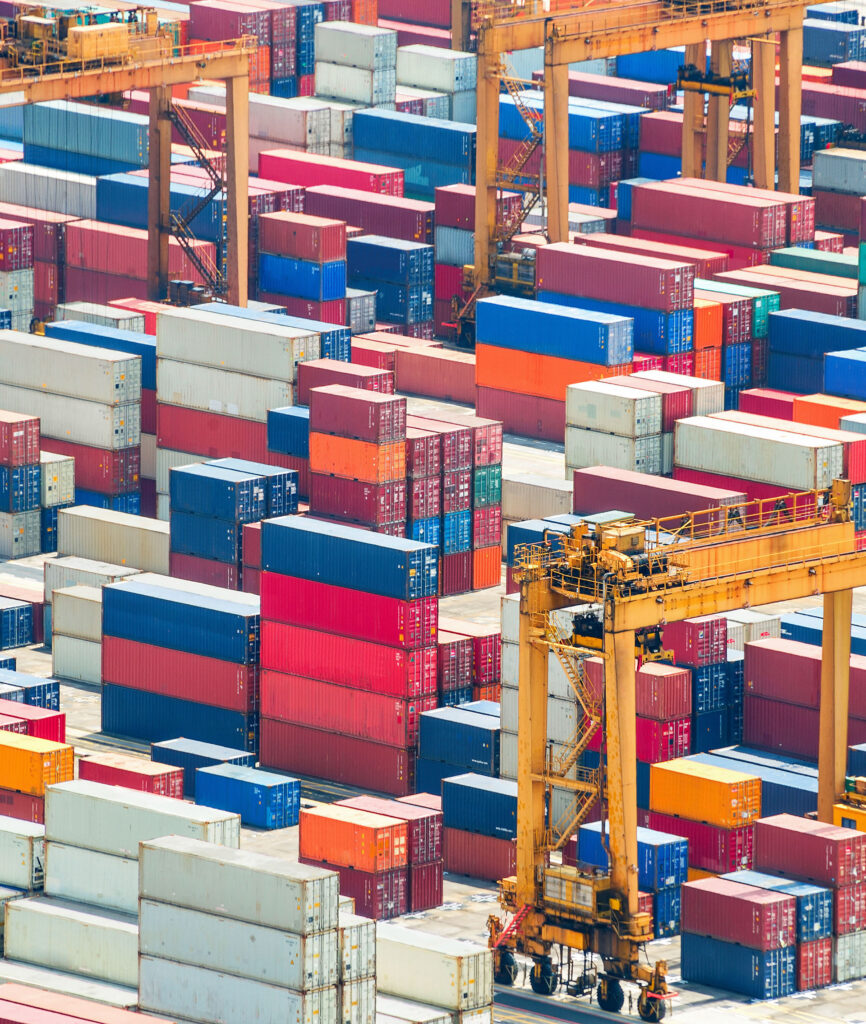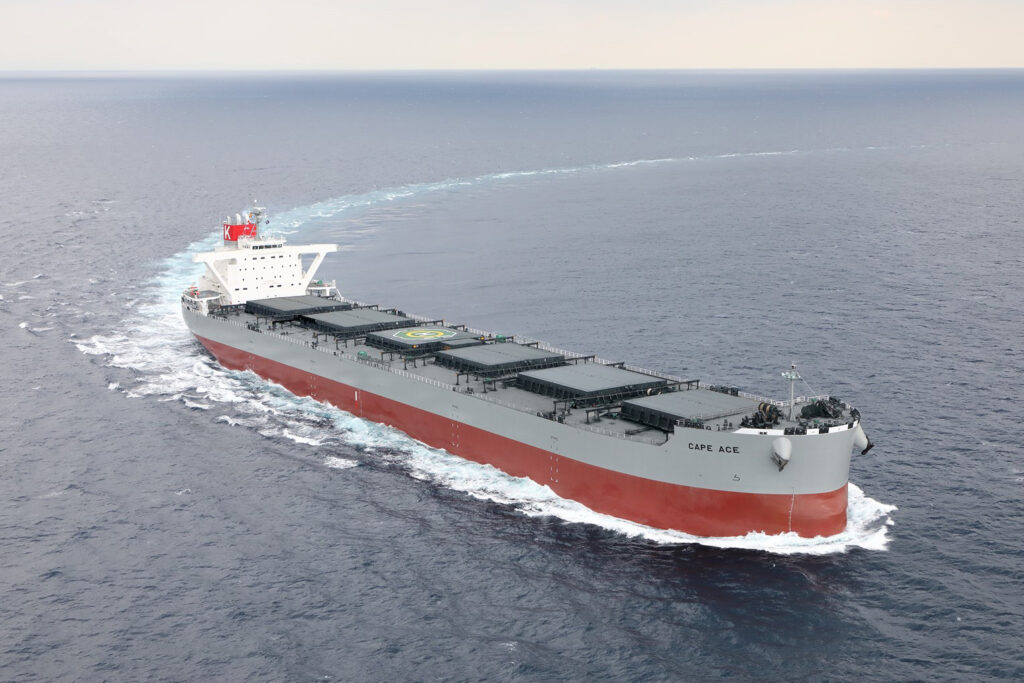Despite the difficulties that we have been facing due to the coronavirus pandemic, now is one of the most important time to share the love, joy and happiness to everyone.

This yuletide season reminds us of each and everyone’s strength, light and hope. We are all in this together and we will get through these challenging times.
Through a simple video, “K” Line and with thousands of its maritime frontliners are wishing a wonderful, safe, and a healthy Christmas to everyone, especially to all the COVID-19 frontline workers, seafarers and their families,
The video is published on “K” Line’s official YouTube.
Everyone is very welcome to post their warmest Christmas greetings under the comment section of the YouTube video.
“K” Line Movie: Seasonal Greetings to All Frontliners, Seafarers and Families
https://www.youtube.com/channel/UC1RM3V5SfRkD6nlPJZE0bcA
Again, wishing everyone all the best for the Christmas season and beyond.
June 17, 2020 release:
VIDEO RELEASE: TRIBUTE TO OUR SEAFARERS
https://www.kline.co.jp/en/news/csr/csr2805416148132644272/main/0/link/200617EN%20.pdf
“K” Line Movie: Thank you Seafarers ~Unsung Heroes~












